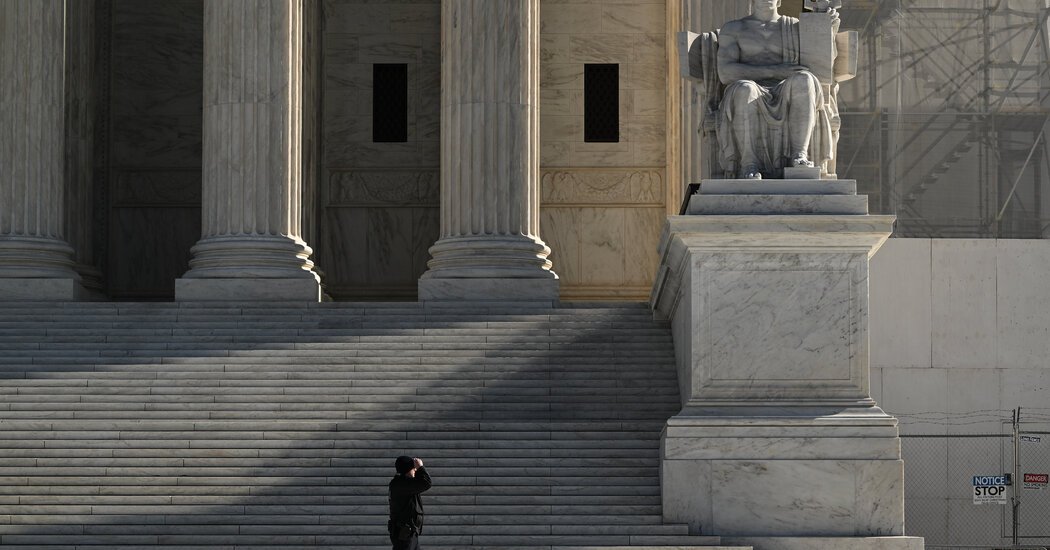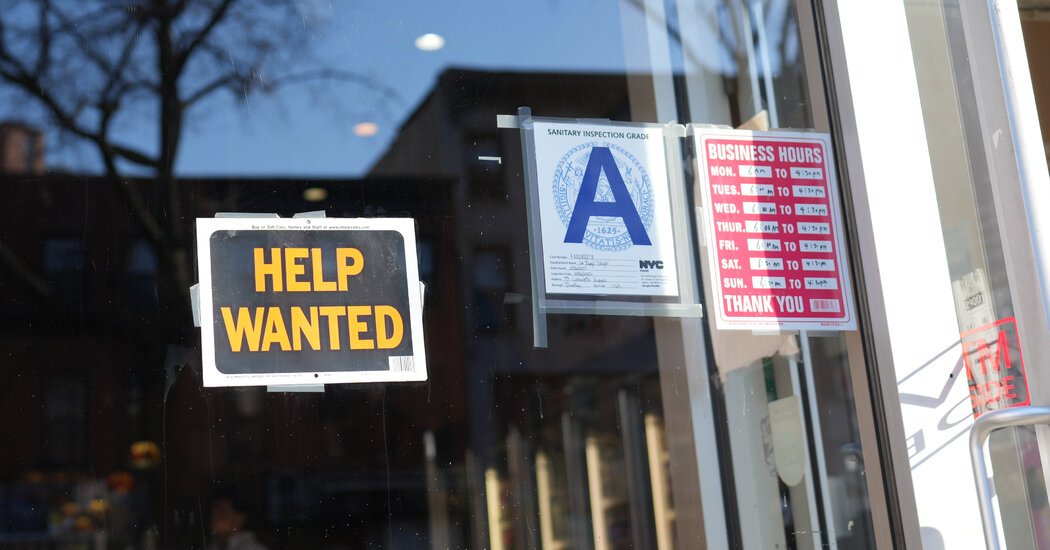The Supreme Court seemed skeptical on Monday of laws in Florida and Texas that bar major social media companies from making editorial judgments about which messages to allow.
The laws were enacted in an effort to shield conservative voices on the sites, but a decision by the court, expected by June, will almost certainly be its most important statement on the scope of the First Amendment in the internet era, with broad political and economic implications.
A ruling that tech platforms have no editorial discretion to decide which posts to allow would expose users to a greater variety of viewpoints but almost certainly amplify the ugliest aspects of the digital age, including hate speech and disinformation.
Though a ruling in favor of big platforms like Facebook and YouTube appeared likely, the court also seemed poised to return the cases to the lower courts to answer questions about how the laws apply to sites that do not seem to moderate their users’ speech in the same way, like Gmail, Venmo, Uber and Etsy.
The justices, over almost four hours of arguments, differed about whether the laws, which have been blocked for now, should go into effect in the meantime. But a majority seemed inclined to keep them on hold while the litigation moves forward. Several justices said that the states violated the First Amendment by telling a handful of major platforms that they could not moderate their users’ posts, drawing distinctions between government censorship prohibited by the First Amendment and actions by private companies to determine what speech to include on their sites.
“I have a problem with laws that are so broad that they stifle speech just on their face,” Justice Sonia Sotomayor said.







